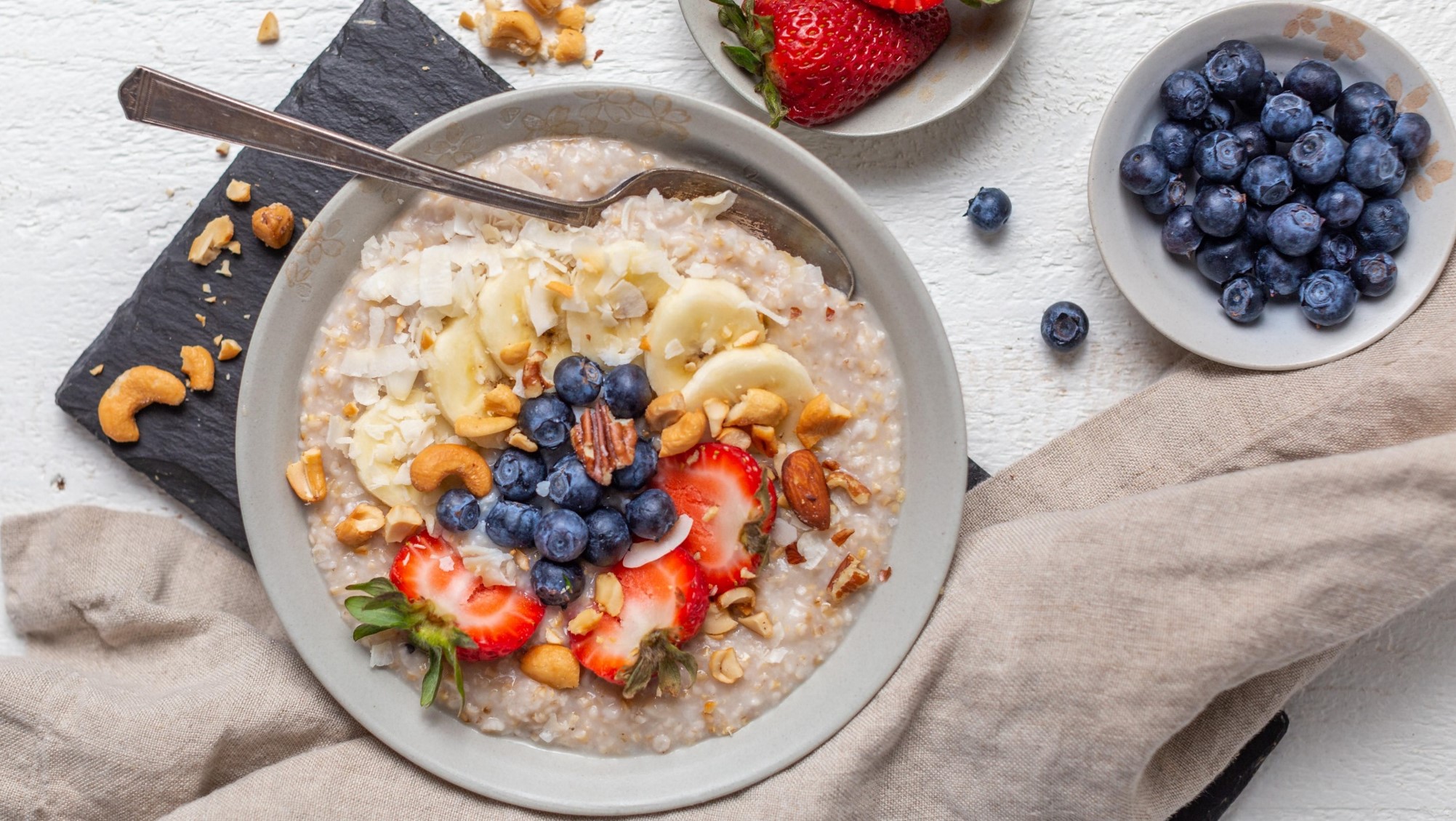9 Smart Ways To Reduce Back To School Stress
It seems like in a blink of an eye summer has ended and back-to-school is calling our name.
Saying goodbye to summer is always bittersweet, and getting back into school mode can be a stressful transition — especially when we’re used to the long and oftentimes lazy days of summer. You could be stressed about having to get back into the classroom (are midterms really that close?) adjusting to dorm living or commuting, new social situations, and more. Luckily, we have some tips below that can help reduce some of these common anxieties so you can make the most of your new semester.
Remember: The start of the school year is a chance to begin anew and kick off the school year in good spirits. A new semester is a path of exciting opportunities that will give you room to grow, allow you to make new friends and solidify current friendships, and become more confident in yourself. There’s a way to shift a stressed mind to one that is more optimistic and excited. Here are some tools to help you ease your mind.
9 Ways to Reduce School Stress
Here are nine tips you can incorporate today to make this start of the school year less stressful and more fun.
Get on a new sleep schedule. There’s a good chance your summer sleep schedule is different than your school sleep schedule. While it might be hard to say goodbye to long nights out and sleeping in, it’s important to get your body on a new sleep schedule that accommodates your classes, activities, and still allows you to get those 7-8 hours a night. Don’t wait to get on a new schedule, and try your best to keep this schedule every day, no matter when your first class starts. If you go to bed and wake up at the same time every morning, your body will better adapt to this sleep schedule and you’ll feel less tired and more energetic throughout the day.
Tackle your assignments in manageable pieces. You might find yourself easily overloaded with essays, papers, exams, and reading assignments. Instead of feeling overwhelmed, try to break your work down into management portions. For example, if you need a read an entire book in a week, focus on how many pages you need to read a day. If you have to complete an essay, don’t sit down to try and write the entire thing in one go. Set yourself smaller goals, like research, write an outline, and complete an introduction paragraph. You can also reward yourself after you finish each milestone!
Don’t rush your mornings. School mornings are notorious for being rushed; how fast can you chow down on a bowl of cheerios in the dining hall before making your 8AM class? Or worse, some skip breakfast in order to get extra sleep. Instead, we recommend making the most of your mornings and slowing down. Give yourself ample time to wake up, make a cup of coffee or tea, and even find time for meditation, journaling, or any other morning routine that calms your mind before getting thrown into the chaos of the day. Then, be mindful of breakfast, and choose something with a good mix of protein and carbs to keep you satisfied and to give you a good boost of energy. This could be a veggie omelette, bowl of oats, or some whole-grain toast with almond butter and jam.
Start with a fresh wardrobe. There’s nothing like a little retail therapy to turn lemons into lemonade. To start school off on the right foot, treat yourself to some new clothes and accessories. This could be a fun pair of shoes or sneakers, a new backpack, or even a killer pair of sunglasses. Focus on what makes you feel confident, comfortable, and authentic. Who knows, you might become more excited for your 8AM math class if you’re pumped to wear a brand new jacket.
Organize supplies. Get all your papers, pencils, bags and other supplies in order! You’ll probably be bombarded with a lot of “books”, too: textbooks, notebooks, Macbooks, and book-books. Set up your desk area so all your supplies are easy to reach and are organized in a way that helps you, versus causes you more stress. A decluttered desk often leads to a decluttered mind.
Journal about last year. When you’re kicking off the new semester, a helpful thing you can do is remember and recall all the wonderful experiences that happened during your last school year. Find a moment to journal about the good times — the class events, your favorite teachers, the evening parties, and all the new and cool things you learned. Forcing yourself to literally write down good memories from school will help get you excited and eager to relive those experiences in the semester ahead.
Breathe! Whenever you’re under stress, one of the most convenient tools you can use is your own breath. If you find yourself getting anxious, try closing your eyes and inhaling for a count of five. Hold your breath at the top for five seconds, and then exhale for five more counts. Do a few rounds of this and see if your heart rate starts to go down. You can also incorporate mindful breathing in your daily life, whether that’s through a meditation practice or going to a yoga studio.
Find a good extracurricular. If you’re one of those bookworms who spends most of your time in the library, remember that school is an experience that goes beyond your classes. Try to join an activity as a way to meet new people and put your physical body or creative mind to work. This could be a range of things, from a club sports team to a music group, art club, or advocacy group.
Plan a long weekend away. Treat yourself to a weekend away to decompress, unplug, and have something to look forward to when you’re in the middle of cramming for your next exam. Luckily, there are a handful of holidays in the fall, and your school might even have designated days off where you can go away for a few days to hit the restart button.
Take one — of all — of these tips into consideration as you head full-force into the new school year. You’d be surprised to realize that a few, small and subtle changes can really lower your stress levels and make you feel excited to tackle the semester in high spirits!


